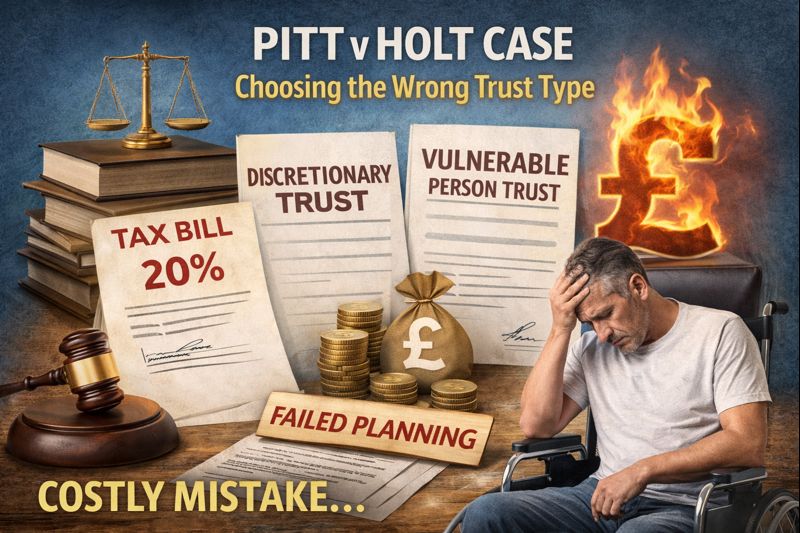What Do You Need for Your Lasting Power of Attorney (LPA) Instruction Meeting?
Creating a Lasting Power of Attorney (LPA) ensures your wishes are followed if you become unable to make decisions for yourself. To prepare for your LPA instruction meeting, please gather the following information and documents.
1. Personal Information
- Full name (including any middle names)
- Any previous names
- Date of birth
- Current address
- National Insurance Number (if applicable)
2. Attorneys and Replacement Attorneys
- Full names, dates of birth, and current addresses of the Attorneys you wish to appoint.
- Details of replacement Attorneys (to act if your primary Attorneys can no longer act on your behalf).
- Consider how you would like your Attorneys to act:
- Jointly (all decisions must be made together)
- Jointly and severally (decisions can be made together or individually)
- Jointly for some decisions and severally for others (specific instructions required)
- Contact details for your Attorneys and replacement Attorneys.
3. Certificate Provider
- Details of your Certificate Provider, who will confirm you understand the LPA and are making it voluntarily:
- Their full name
- Their address
- Their relationship to you (must be a professional or someone who has known you personally for at least two years).
4. Health and Welfare LPA
This LPA covers decisions about your health, care, and medical treatment. Consider the following:
- Care preferences:
- Types of care you would or wouldn’t want.
- Preferences for specific care homes or staying at home.
- Medical treatment preferences:
- Consent or refusal for certain treatments (e.g., resuscitation, life support).
- Decisions regarding daily welfare (e.g., diet, routine, clothing).
- Whether your Attorneys should have the authority to make life-sustaining treatment decisions.
5. Property and Financial Affairs LPA
This LPA allows Attorneys to manage your finances and property. Consider:
- Details of your bank accounts, savings, and investments.
- Any mortgages, loans, or other financial commitments.
- Details of property ownership (e.g., deeds, mortgage documents, legal title).
- Preferences for how Attorneys should manage your financial responsibilities (e.g., paying bills, managing income).
- Specific instructions for managing business interests (if applicable).
6. Preferences and Instructions
For both types of LPA, you can include:
- Preferences: General guidance for your Attorneys (e.g., “I would prefer my savings to be used to fund my care at home.”).
- Instructions: Legally binding directions (e.g., “My Attorneys must seek professional advice before selling my home.”).
7. Documentation to Bring
- Identification (passport, driving licence, or similar) for you and your chosen Attorneys.
- Proof of address (recent utility bill or bank statement) for all named individuals.
- Details of any assets, property, or financial accounts to be managed under the LPA.
8. Witness Details
You will need an independent witness to sign your LPA. Consider who this will be:
- They must be over 18 and cannot be an Attorney or replacement Attorney.
By preparing this information and documentation, your LPA instruction meeting will be efficient and productive. If you have any questions or need clarification on the process, please don’t hesitate to ask.



